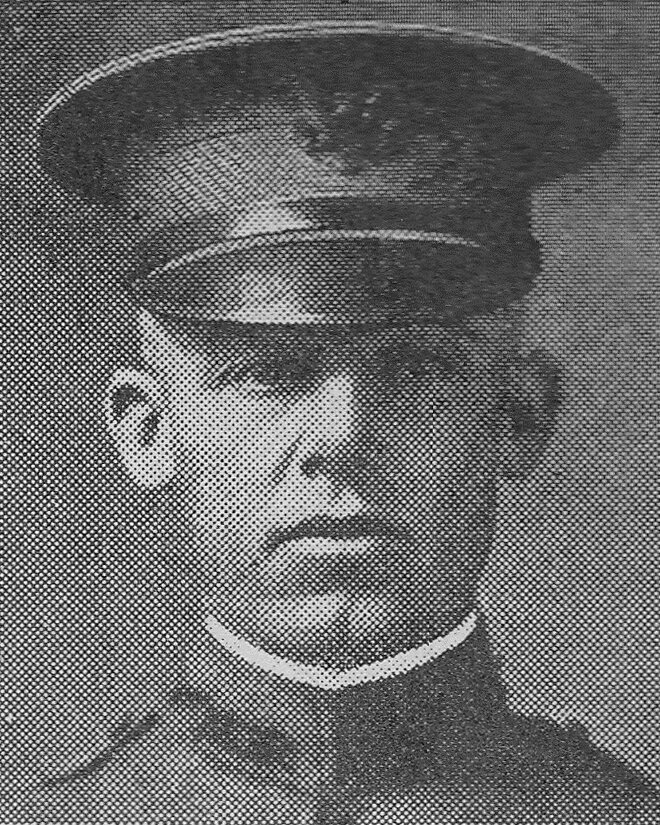Oscar F Miller
Oscar was born on the 25th of October, 1882, in Franklin County, Arkansas, and was one of eight children. His father died when he was eight years old and went to live with his paternal grandfather, along with four of his siblings. Leaving Arkansas at the age of seventeen, Oscar moved to Texas and briefly worked setting type and delivering newspapers for a publishing company. He also worked as a waiter before joining the US Army in 1901 and serving a three year enlistment and finishing as a clerk and interpreter for the 28th US Infantry in the Philippines. Once Oscar returned to the States, he got a job as a US Mail Service clerk in Little Rock, Arkansas, where his bluntness and failure to observe the chain of command would see him repeatedly reprimanded. Before leaving Little Rock due to a transfer to Memphis, Tennessee, he met Anna and the two were wed and they would have one child, Oscar Jr.
The family would settle in Laredo, Texas, and Oscar worked as an immigration officer and patrolled the US – Mexico border. He was efficient with the use of patrol boats and he would later travel to Washington DC in order to convince the Bureau of Immigration that there should be more of such boats for INS to use. Oscar left the INS and joined the Army’s reserve officers’ training in California in 1917 and by the time he deployed to England in support of the Great War, he was a Major with the 361st Infantry, 91st Division. It was his actions on the 28th of September, 1918, in France that would earn him the Medal of Honor. The citation reads:
After two days of intense physical and mental strain, during which Maj. Miller had led his battalion in the front line of the advance through the Argonne Forest, the enemy was met in a prepared position south of Gesnes. Though almost exhausted, he energetically reorganized his battalion and ordered an attack. Upon reaching open ground the advancing line began to waver in the face of machine-gun fire from the front and flanks and direct artillery fire. Personally leading his command group forward between his front-line companies, Maj. Miller inspired his men by his personal courage, and they again pressed on toward the hostile position. As this officer led the renewed attack he was shot in the right leg, but he nevertheless staggered forward at the head of his command. Soon afterwards he was again shot in the right arm, but he continued the charge, personally cheering his troops on through the heavy machine-gun fire. Just before the objective was reached he received a wound in the abdomen, which forced him to the ground, but he continued to urge his men on, telling them to push on to the next ridge and leave him where he lay. He died from his wounds a few days later.
Oscar was carried off the battlefield by a Captain and brought to an aid station. At the age of 35, Oscar Franklin Miller died of his wounds on the 30th of September, 1918. He is buried in the Meuse-Argonne American Cemetery and Memorial in France: Section F, Row 10, Plot 36.




